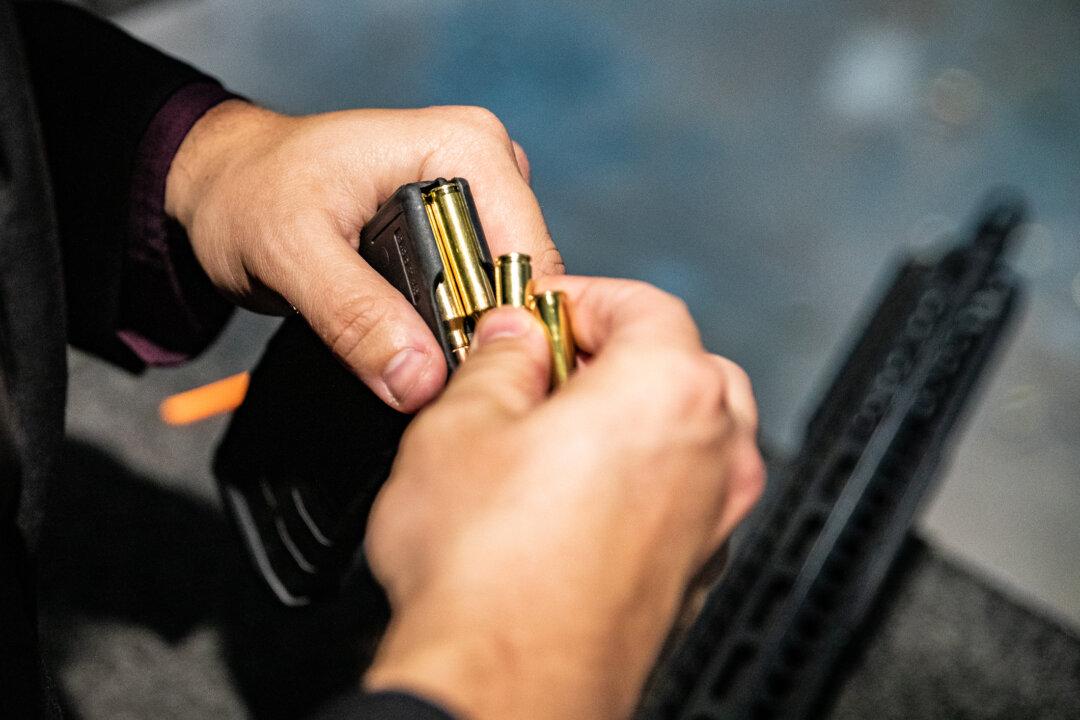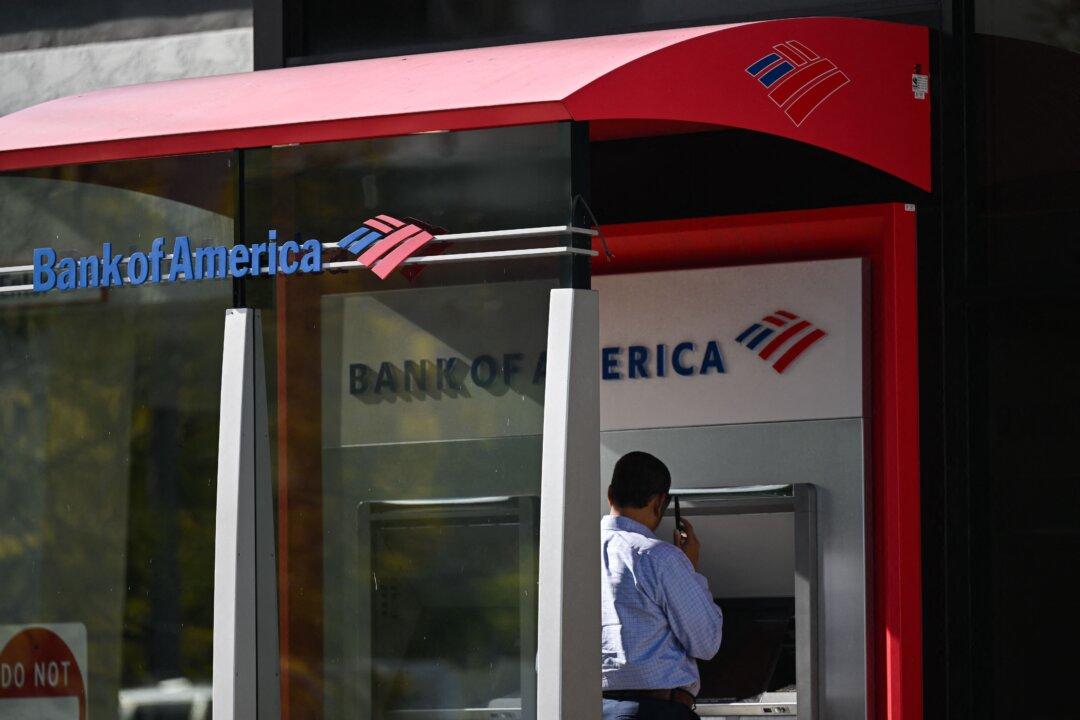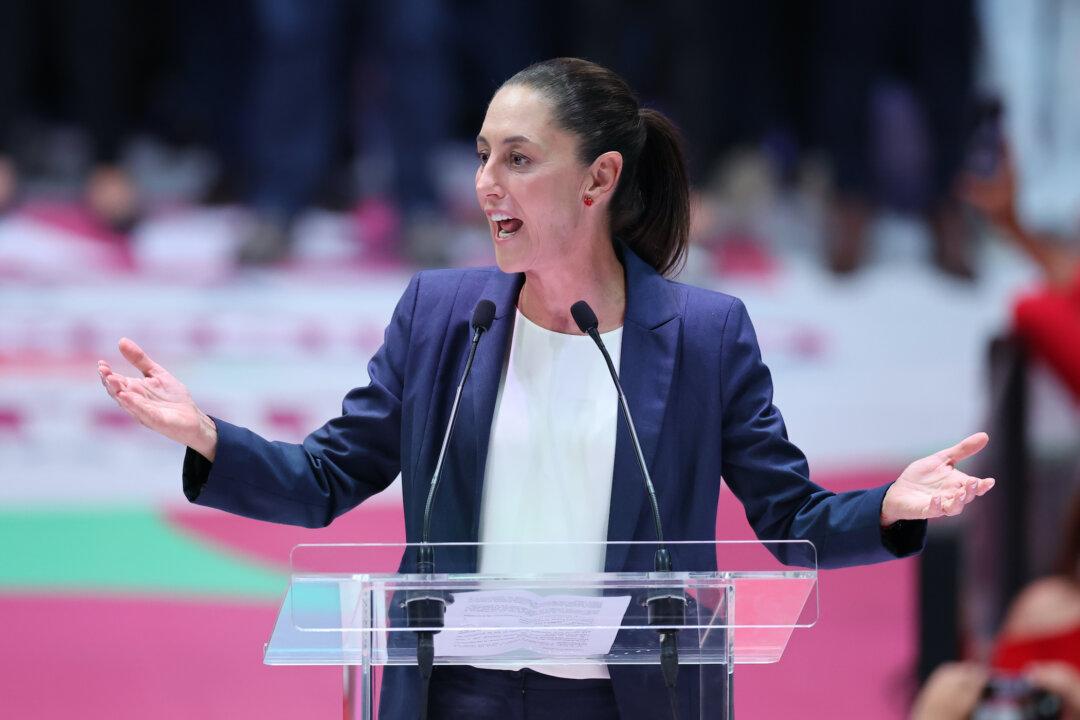Commentary
At the last minute, a horrible, pro-crime bill was recently put on inactive status by its co-author, state Sen. Josh Newman (D-Fullerton). Assembly Bill 759 was introduced by Newman and Assemblyman Kevin McCarty (D-West Sacramento). It earlier had passed the full Assembly and three Senate committees.





